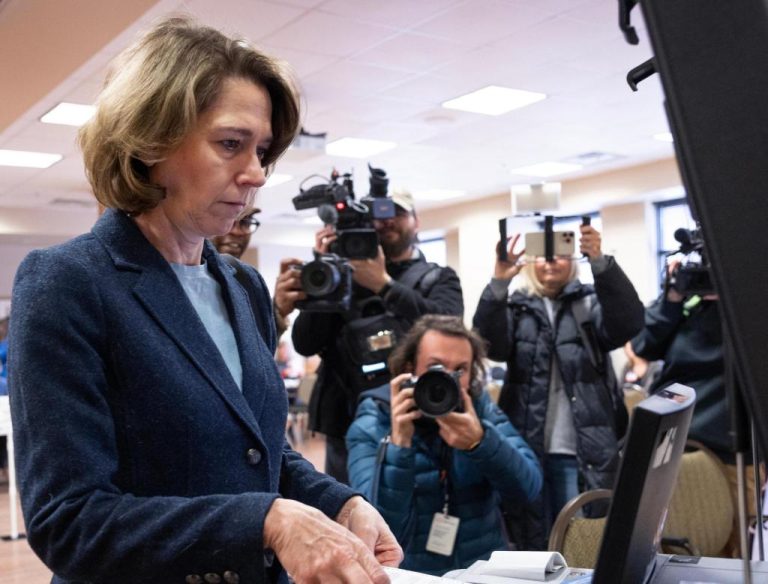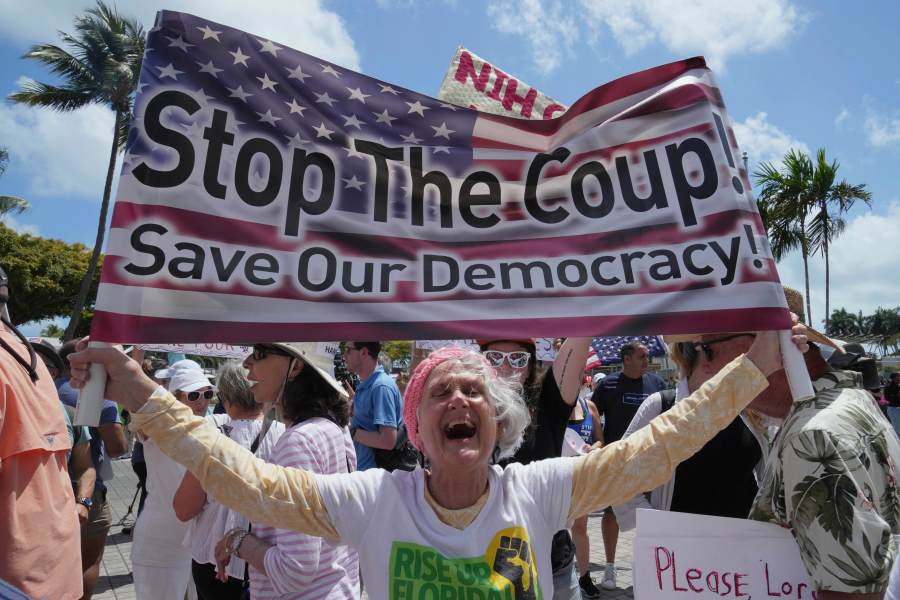
Online shopping for cigarettes and vaping products boomed sharply in the weeks after a state ban on flavored tobacco took effect almost a year ago, according to a new UC San Diego study.
And despite the ban, flavored tobacco products, including menthol cigarettes, were available online to consumers, the study says.
The findings, published this month in the journal Tobacco Control, point to an apparent loophole in the ban and tobacco retail licensing programs, which do not explicitly address e-commerce, researchers said. The ban — Senate Bill 793, which took effect last December — defines tobacco retailers as vending machines and “buildings from which tobacco products are sold.”
Researchers at UCSD’s Herbert Wertheim School of Public Health and Human Longevity Science added that most licensing programs don’t require online tobacco retailers to obtain licenses.
“The absence of explicit regulations on e-commerce sales can create loopholes in enforcing tobacco control laws, allowing consumers to easily access restricted products online,” principal investigator Eric Leas said.
Some public health experts and policy makers have raised concerns about flavored tobacco, which they say targets children with flavors such as cotton candy and bubble gum. The concerns led to a push for the statewide ban.
The UCSD study relied on data from Google searches in California that were indicative of shopping for cigarettes and vaping products before and after the ban — from January 2018 to April 2023.
Researchers found that after the ban, the rate of searches was higher than expected — based on pre-SB 793 searches — for both cigarettes and vaping products. The rates remained elevated for 11 weeks for cigarettes and six weeks for vaping products.
The spike in searches mirrored a shift toward e-commerce that was seen when San Francisco implemented a ban on flavored tobacco in July 2018, researchers said.
As part of the study, an analysis of websites revealed online retailers that offered banned products to consumers in California. About 7 percent of websites that came up during searches for cigarettes offered menthol cigarettes and about 40 percent of websites that came up during searches for vaping products offered flavored vaping products, according to the study.
“If you want these products, you can get them from a quick Google search,” Leas said in an interview. “You don’t have to dig very far.”
To address the concerns, researchers recommended a ban on online flavored tobacco sales or an update to regulations to require online retailers that do business in California to obtain licenses and comply with local and state bans on flavored tobacco.
The city of San Diego prohibits online sales of flavored tobacco as part of its ban. Several jurisdictions prohibit online sales of any tobacco through retail licensing programs. Among them is the county of San Diego, Leas said.
Researchers also suggested strong monitoring of e-commerce.
“Regardless of how jurisdictions choose to address e-commerce, routine surveillance of online retailers is warranted,” researchers said in their paper. “We are currently aware of no jurisdictions that routinely monitors e-commerce retailers for policy compliance.”
While researchers said the statewide ban doesn’t explicitly address e-commerce, the issue was tested in court recently. Last month, Alameda County District Attorney Pamela Price announced that her office obtained a preliminary injunction prohibiting a Livermore-based company from selling flavored tobacco products online. Apollo Future Technology, which does business as Apollo E-cigs, had argued that the state ban applies only to in-person retail sales.
In San Diego, the City Council approved a ban on flavored tobacco in April 2022, with enforcement delayed until January. In late August, City Attorney Mara Elliott sued two retail chains she claims sold flavored e-cigarettes to undercover investigators in stores.
Last month, community members and elected leaders, including Elliott, called for more enforcement of regulations. Elliot said one option was for the city to revoke the licenses of retailers that flout the local and state bans.





